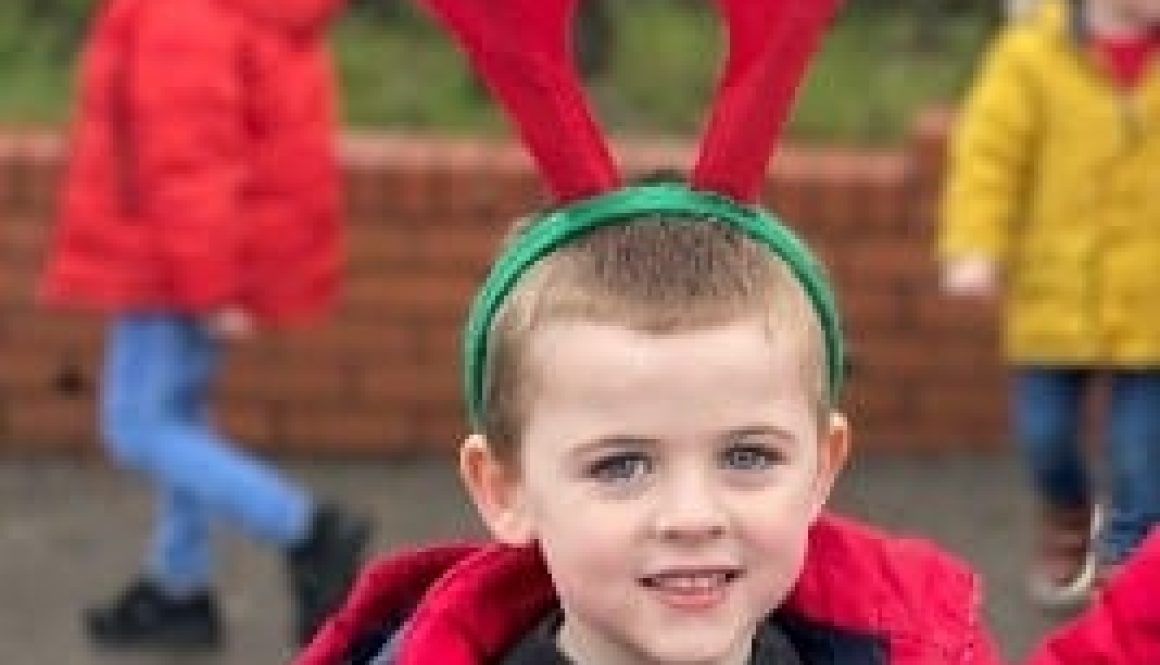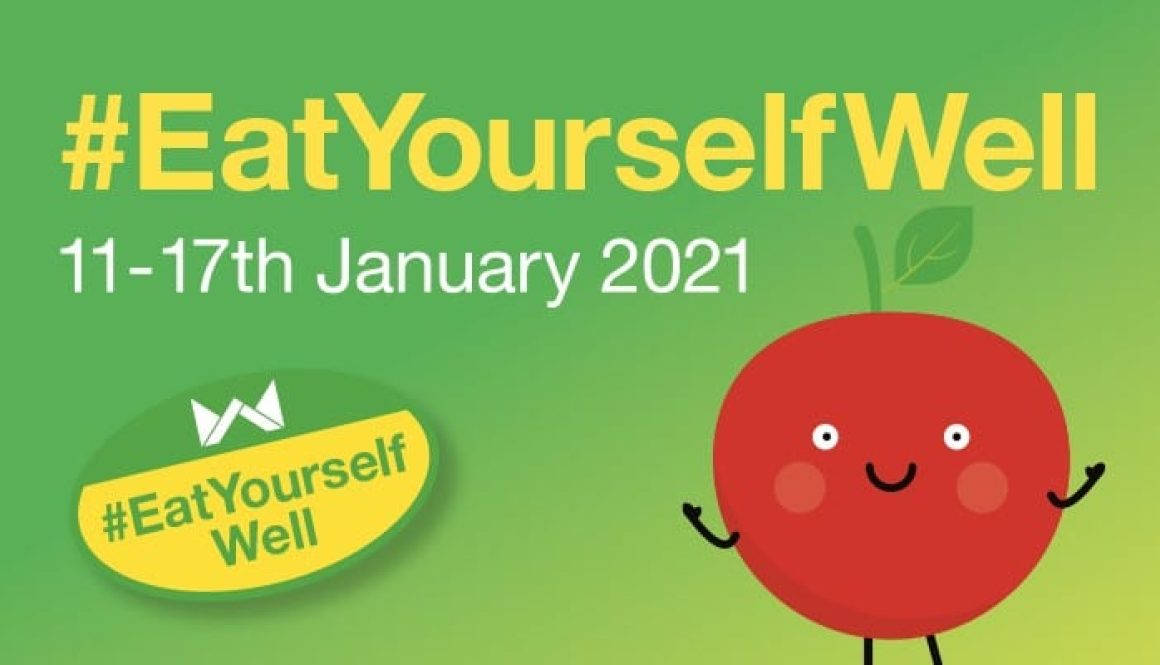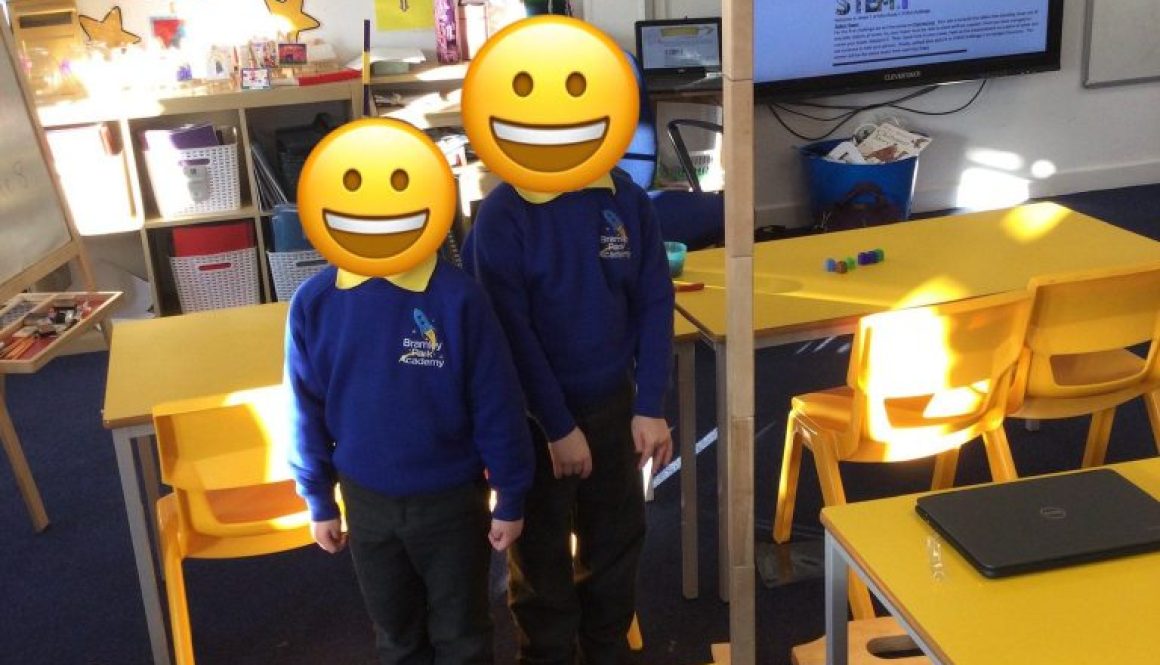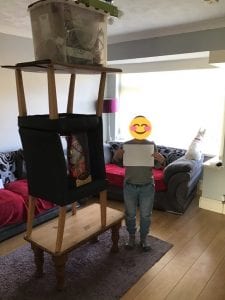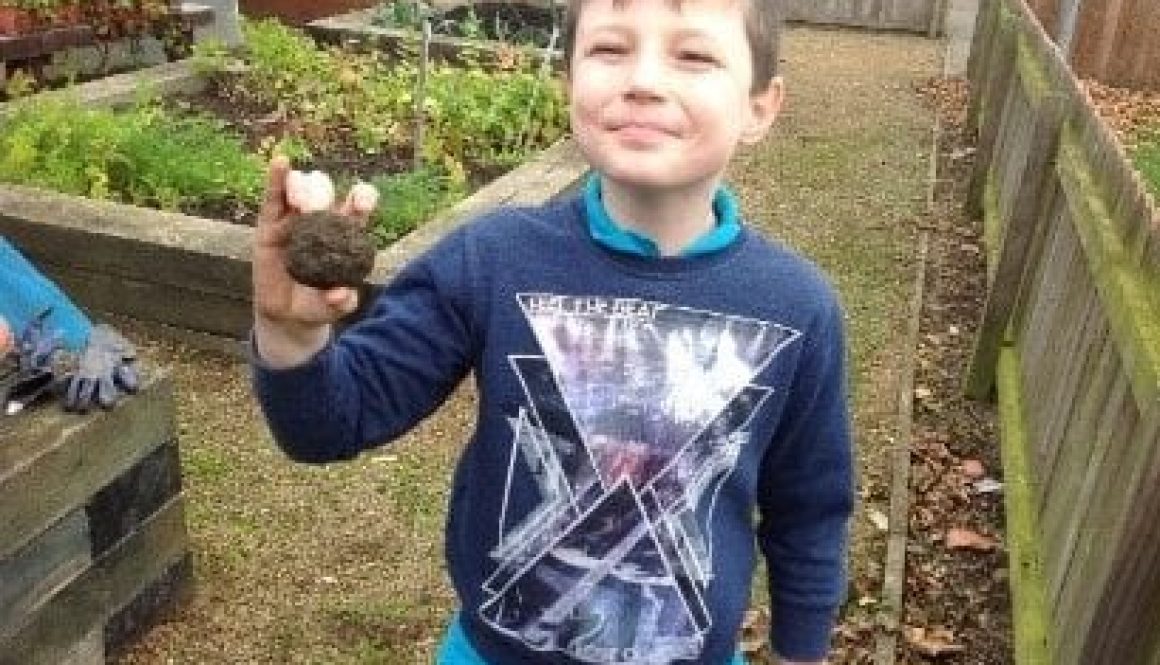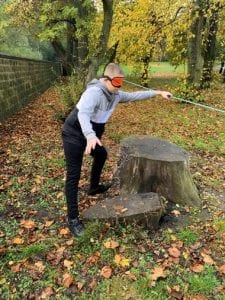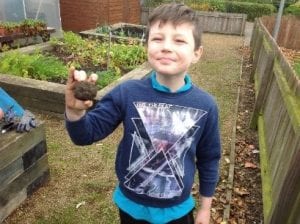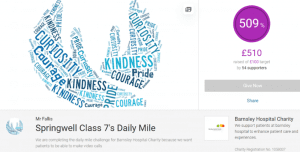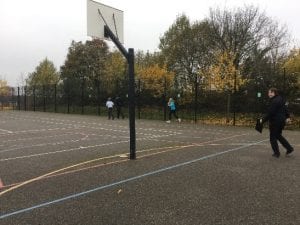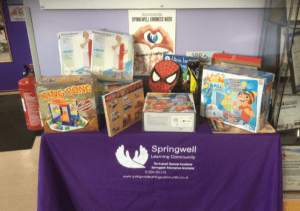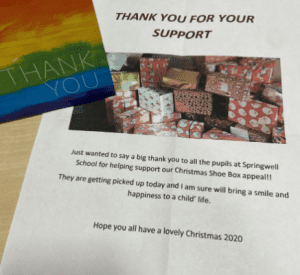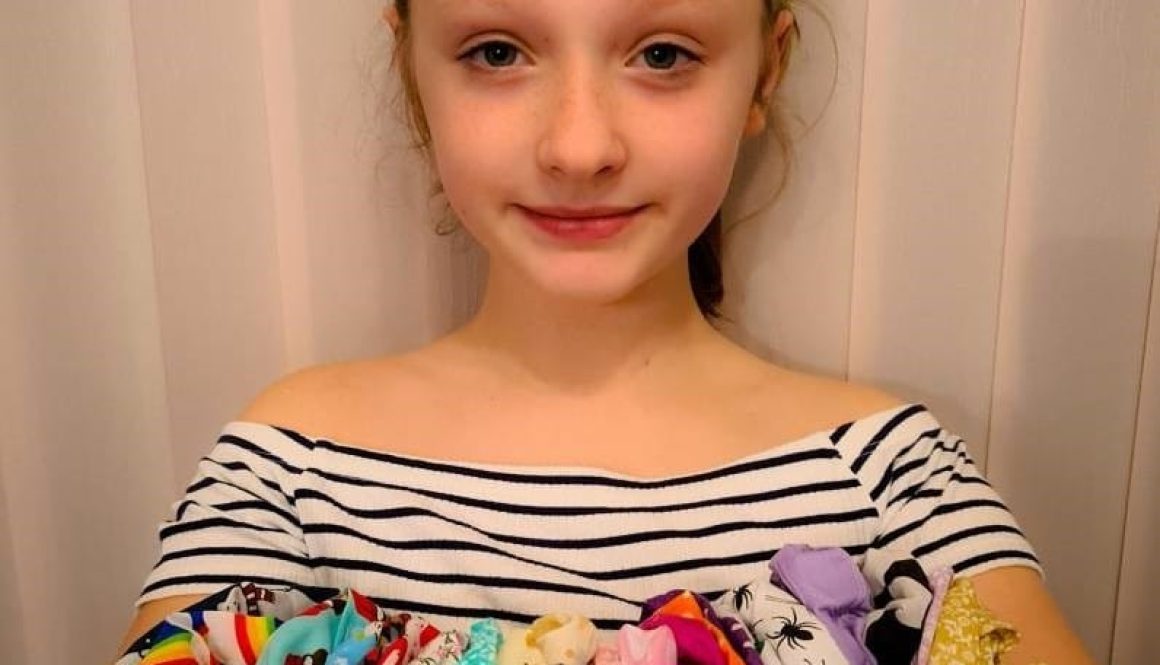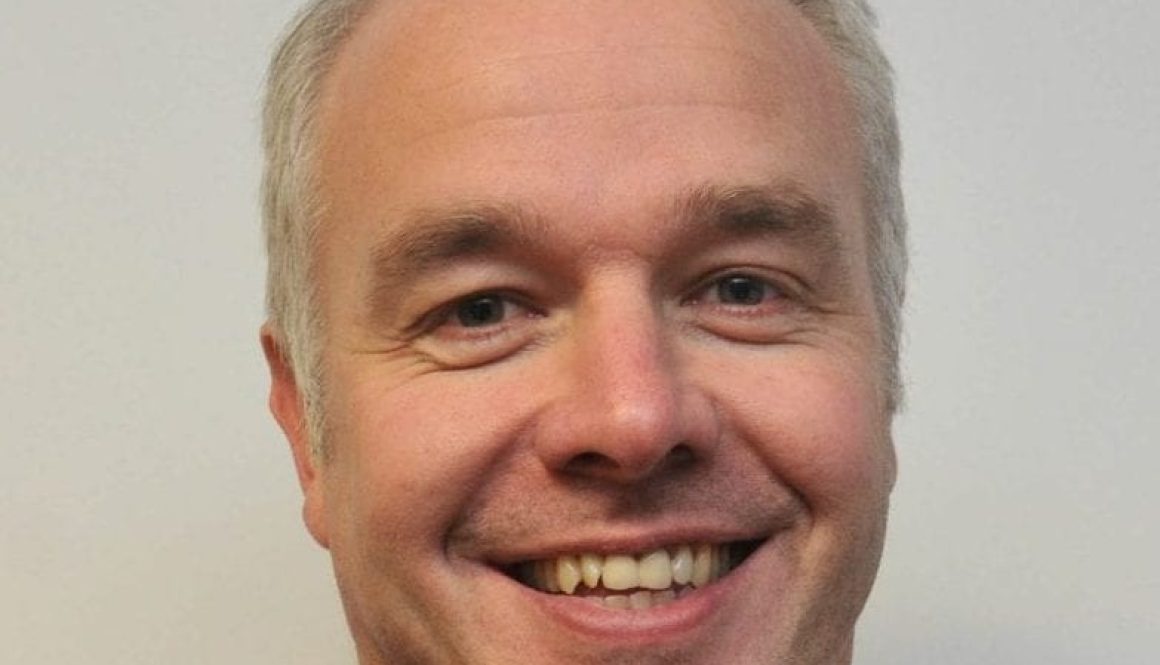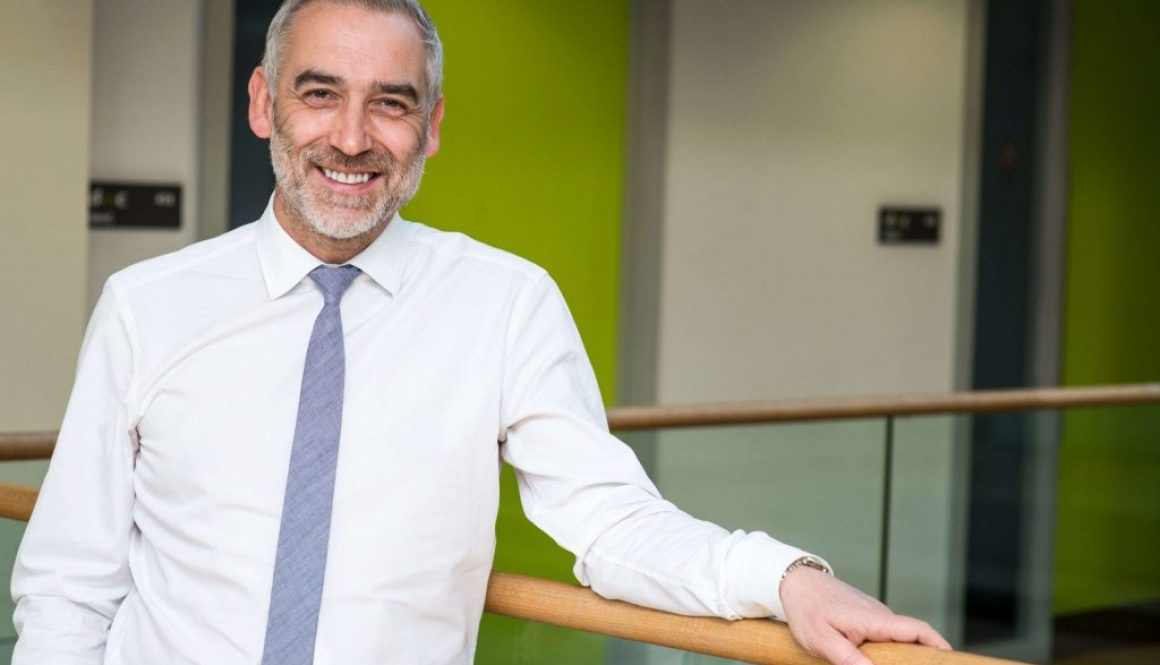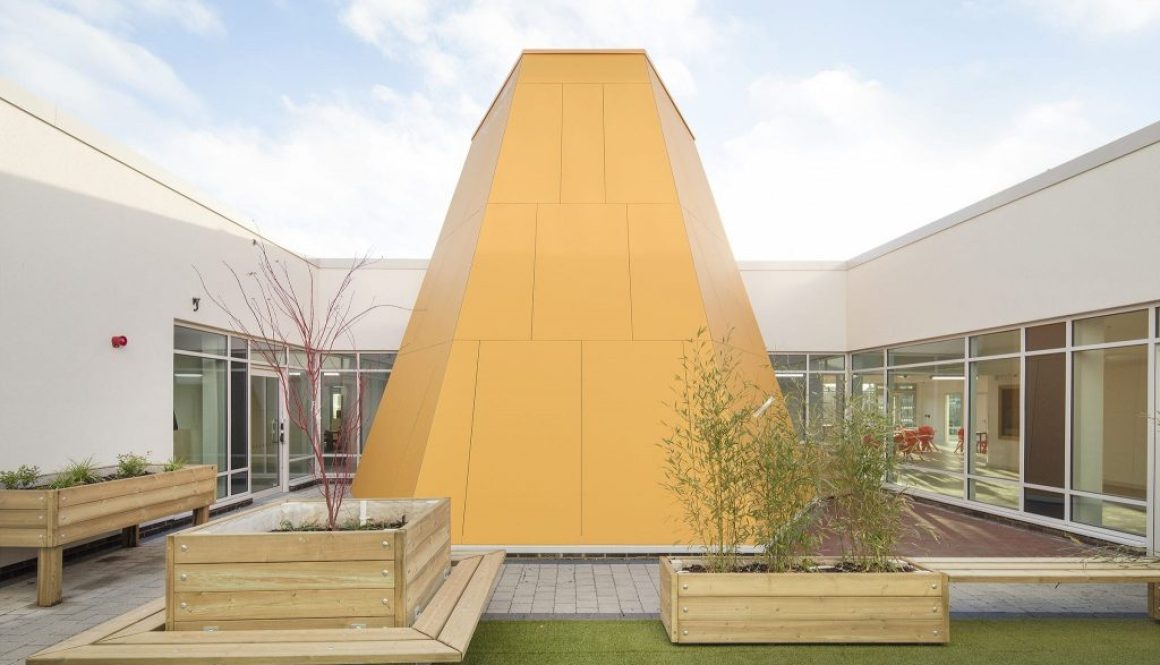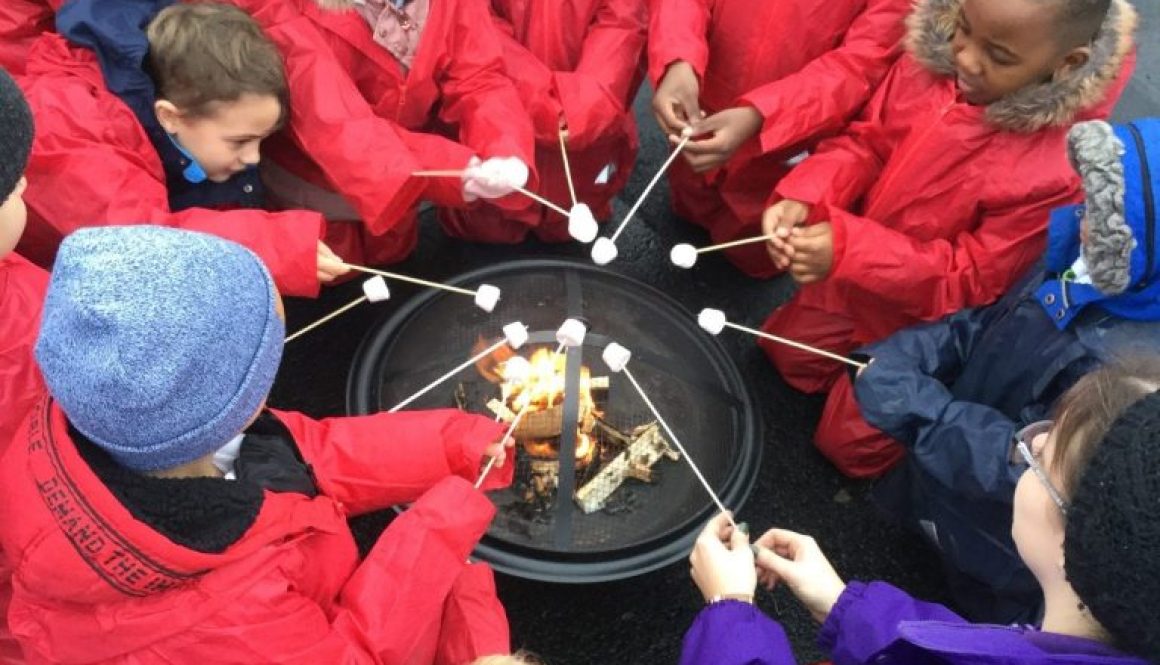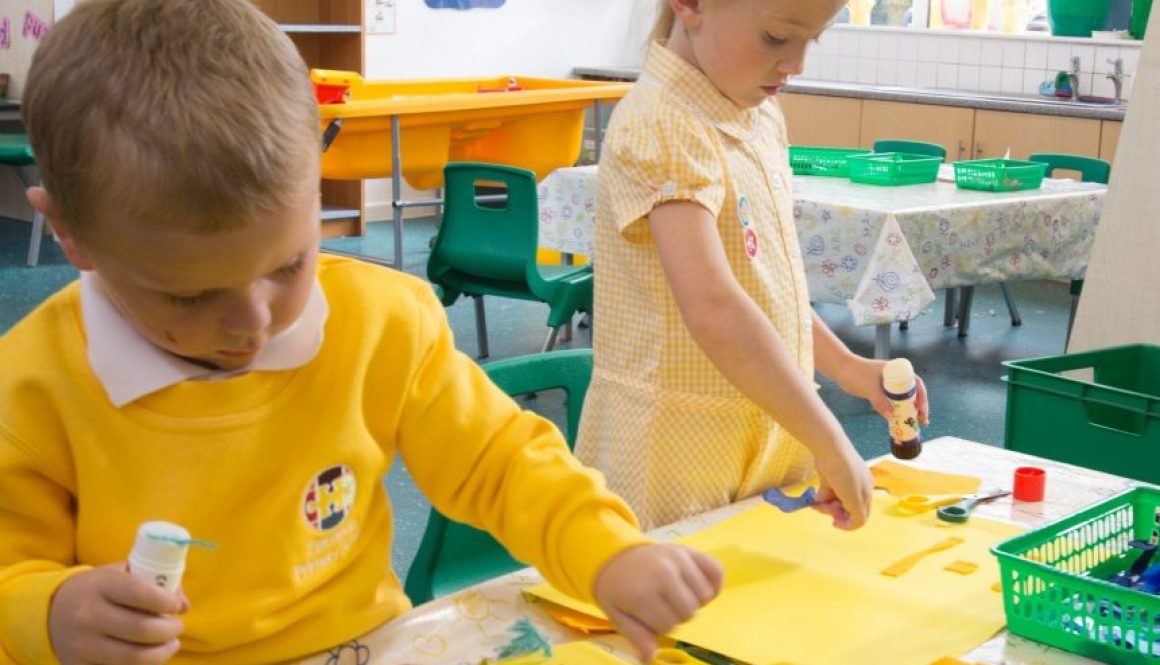“Am I bovvered?” Lauren Alesha Masheka Tanesha Felicia Jane Cooper
It’s no great secret in our house that I have a great love of two things. Stationery, specifically notebooks (most of which are so lovely I never write in them) and new technology. When I say new technology, I’m not referring to the most up to date software, the smallest device or the smartest television. In fact updating my phone and ipad is one of the jobs I am ridiculously poor at and my television is out of the ark.
But….. getting my hands on a new phone, Apple watch, ipad or a.n.other device is one of my guilty pleasures. This isn’t because of the device itself, you understand, it’s the packaging. Particularly when that packaging contains anything from Apple.
The efficiency of the design never fails to fascinate me (I know I should get out more!). From every tab, fold and indentation, no part of the packaging has been left unthought about. When developing these containers, Apple consider sustainability, recycling, minimising waste and renewing resources. Now don’t get me wrong, all these things are important and Apple even have a whole Paper & Packaging Strategy around it but for me the fascination is about the design.
Apple have deliberately focussed on making their packaging a sensory experience which is all part of connecting with the customer. Dedicated design teams work to ensure the whole experience of the packaging reflects and connects the experience of the product it contains.
Apple take it seriously, really seriously. They also spend vast amounts of money on getting it right. I’m glad they do. I love it. Others less obsessed or easily pleased, however, might think ‘so what?’ It’s just a box. ‘Does it matter?’ The answer, I believe, is yes.
As a school leader ‘Does it matter?’ is a response I’ve had put to me more than once, at times asked with the same tone and intonation as Catherine Tate’s belligerent teenager Lauren might ask, “Am I bovvered?” Almost certainly it rears its head when expectations are raised and standards are being driven up. It is the go to question of those deeply settled in their comfort zone. Invariably, the answer in these instances is almost always an unpopular…’yes’. I have never found that yes difficult to give. Chiefly because whatever change has led to it has been thought through and planned, so the answer to the following ‘why?’ is ready and waiting.
This past 18 months have proved to be a time when I have had the ‘Does it matter?’ question asked most. The difference this time is that it was me asking the question of myself.
A bit like Apple, I want our school to connect with the community we are in. I want it to be more than ‘just a box’ for learning. I reflected on my experience of the schools I’d led and essentially wanted to redesign this ‘product’, discarding what didn’t work and being as innovative as was allowed in order to make Elements as efficient a ‘design’ as I could make it. Again, like Apple, I needed to ensure no part of our school building, environment and experience was left unthought about. We were starting with a blank canvas and that has brought its own challenge but if we were going to do something special I was only getting this chance once!
Being appointed to the role of founding Principal of Elements Primary School has truly been a great privilege. In the beginning it seemed that this would be a piece of cake. Everything new. Not too many children. A handful of staff. What’s not to love? Then the decision-making around the building started. I found myself with an ever growing list and what seemed like a million people asking for my opinion. Every time I had to consider ‘Does it matter?’ Is this something integral to what I wanted our school to be?
Can we remove the Reception wall? What colour trim do you want on the doors? Where do you want these plug sockets installing exactly? We don’t have the exact match for the carpet colour, is that ok? (Err…no!) Are these door closers OK? (Of course door closers are a particular speciality of mine!) How do you want the keys suiting? How will this part of school be accessed through the day? (How will I know until I’m in it?) To name but a few.
Being what Hywel Roberts calls ‘relentlessly bothered’ has become my MO. Knowing when to hold on and fight for something I believed we needed and when to let go has never felt so crucial. Mostly because many of those decisions were based on countless plans on many pieces of paper. Only in the most recent months have I been able to start breathing some sighs of relief as some of my decisions have started to become reality. Already I know many of the battles fought were worth fighting. Whether everything I let go was right, I don’t think I will know for a good while yet.
What this process has reminded me is just how important the question of ‘Does it matter?’ is. It is inextricably linked to our ‘Why?’ which is the absolute foundation of our vision. It shapes our thinking. It allows for reflection and reworking. It applies to every part of our work. Yes, this year has been about our building but equally it has been about our ethos, our children, our teaching and learning approach, our everything.
As a leader, how we design our packaging is immensely important. It holds a product far smarter and more priceless than anything Apple could ever produce.
“To create something exceptional your mindset must be relentlessly focussed on the smallest detail.” Giorgio Armani


